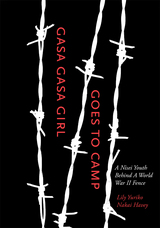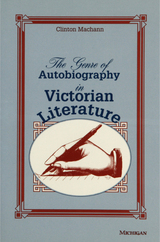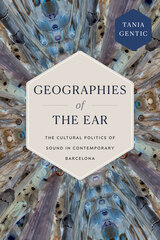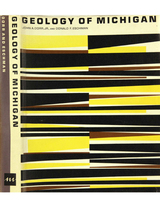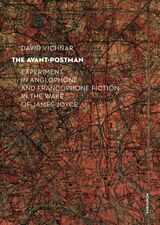
The Avant-Postman explores a broad range of innovative postwar writing from France, Britain, and the United States. Taking James Joyce’s Ulysses and Finnegans Wake as a joint starting point, David Vichnar draws genealogical lines from there through the work of more than fifty writers up to very recent years, including William Burroughs, B. S. Johnson, Ian Sinclair, Kathy Acker, Alan Moore, David Foster Wallace, and many others. Centering the exploration around five strategies employed by Joyce—narrative parallax, stylistic metempsychosis, concrete writing, forgery, and neologizing the logos—the book reveals the striking continuities and developments from Joyce’s day to our own.


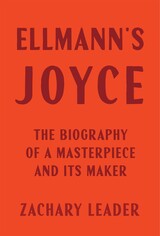
The story of the most acclaimed literary biography of the twentieth century—an ingeniously plotted, behind-the-scenes account of how the literary critic and scholar Richard Ellmann shaped James Joyce’s reputation.
Richard Ellmann’s James Joyce, published in 1959, was hailed by Anthony Burgess as “the greatest literary biography of the twentieth century.” Frank Kermode thought the book would “fix Joyce’s image for a generation,” a prediction that was if anything too cautious. The biography won the National Book Award and durably secured Joyce’s standing as a preeminent modernist.
Ellmann’s Joyce provides the biography of the biography, exploring how Ellmann came to his subject, gained the cooperation of Joyce’s family and estate, shrewdly, doggedly collected vital papers and interviews, placated publishers, thwarted competitors, and carefully balanced narrative with literary analysis. Ellmann’s Joyce also removes the veil from the biographer—richly rewarded in public, admirable in private life, but also possessed of a startling secret life. An eminent biographer himself, Zachary Leader constructs a powerful argument not only in support of Ellmann’s intellectual and artistic claims but also on behalf of literary biography generally. In the process, he takes readers on a rare tour through midcentury publishing houses in New York and London, as well as the corridors and classrooms of elite universities, from Yale to Oxford. The influence of Ellmann’s book, recognized instantly, persists to this day, among literary scholars and Joyce fans alike.
Filled with surprising details, tales of intrigue from the heyday of literary publishing, and intimate portraits of the Joyce and Ellmann families, Ellmann’s Joyce is as immersive as a walk around town with Leopold Bloom and as moving as the thickly drifted snow on Michael Furey’s grave.
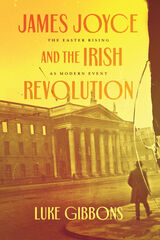
When revolutionaries seized Dublin during the 1916 Easter Rising, they looked back to unrequited pasts to point the way toward radical futures—transforming the Celtic Twilight into the electric light of modern Dublin in James Joyce’s Ulysses. For Luke Gibbons, the short-lived rebellion converted the Irish renaissance into the beginning of a global decolonial movement. James Joyce and the Irish Revolution maps connections between modernists and radicals, tracing not only Joyce’s projection of Ireland onto the world stage, but also how revolutionary leaders like Ernie O’Malley turned to Ulysses to make sense of their shattered worlds. Coinciding with the centenary of both Ulysses and Irish independence, this book challenges received narratives about the rebellion and the novel that left Ireland changed, changed utterly.
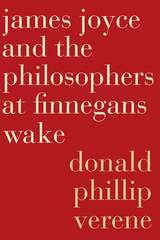
READERS
Browse our collection.
PUBLISHERS
See BiblioVault's publisher services.
STUDENT SERVICES
Files for college accessibility offices.
UChicago Accessibility Resources
home | accessibility | search | about | contact us
BiblioVault ® 2001 - 2025
The University of Chicago Press


